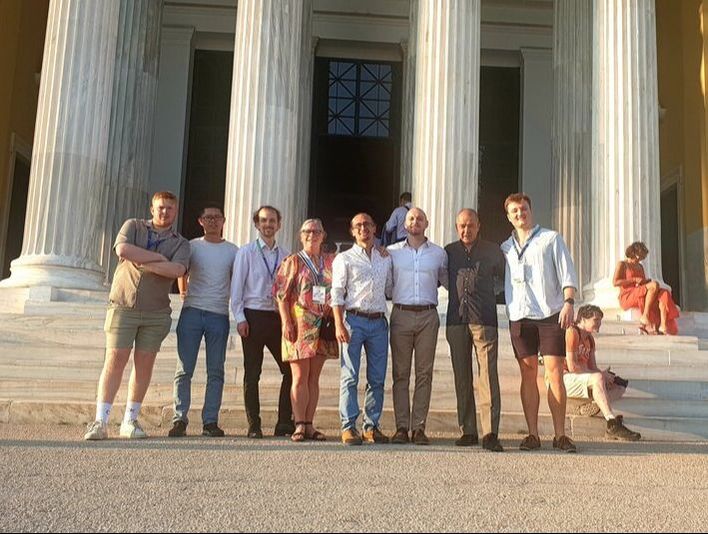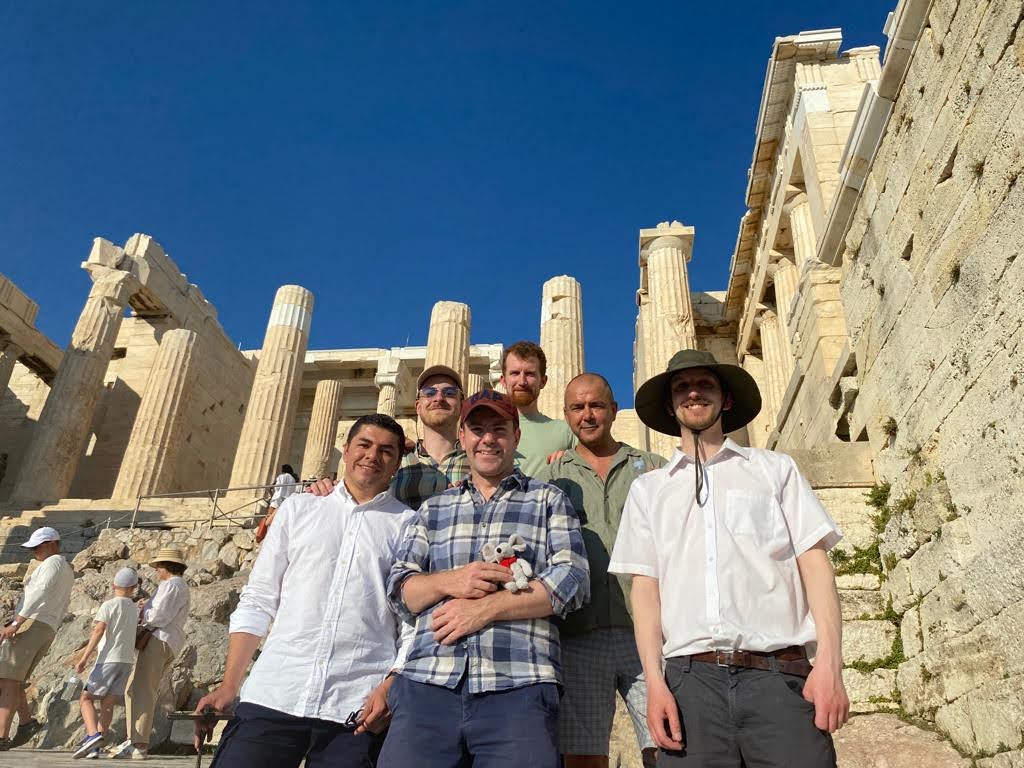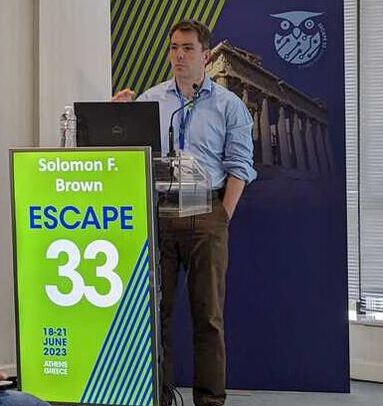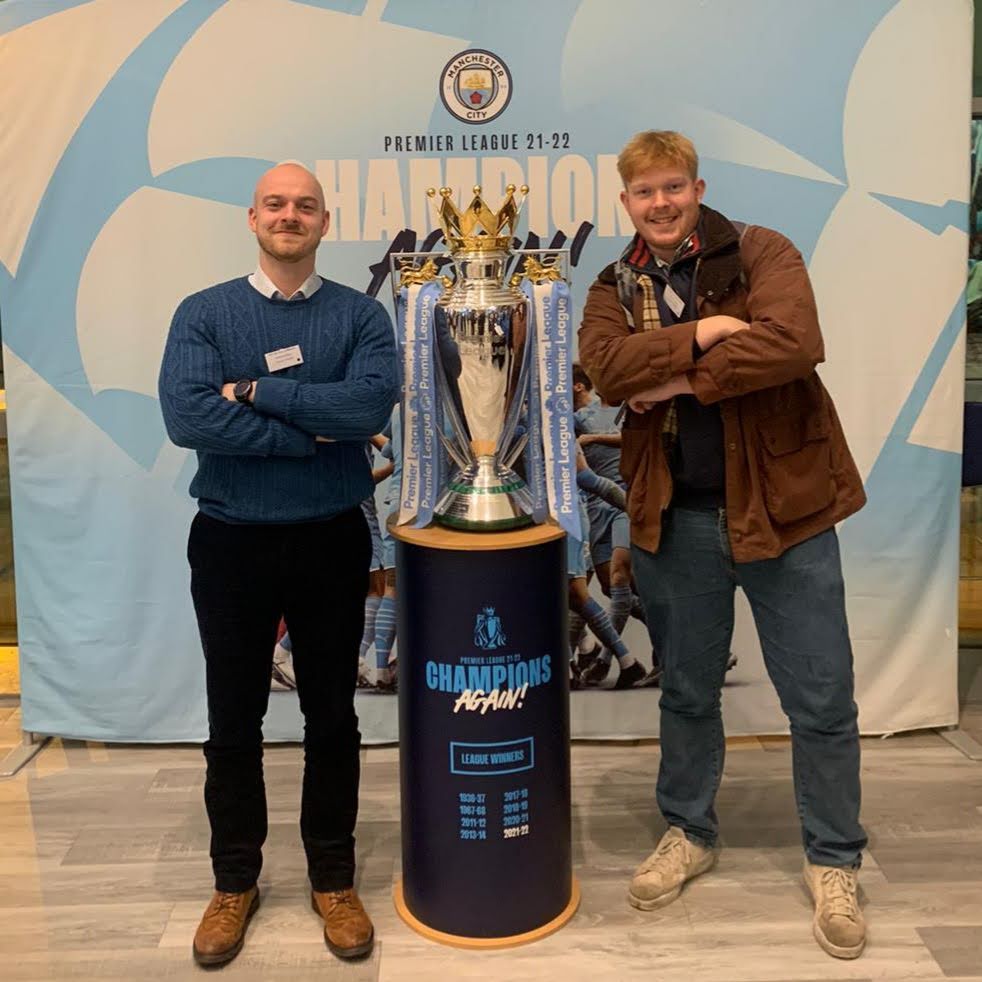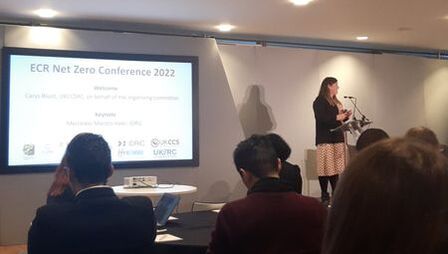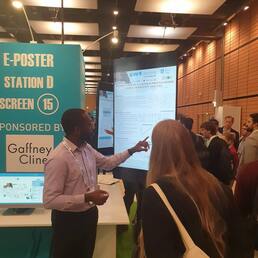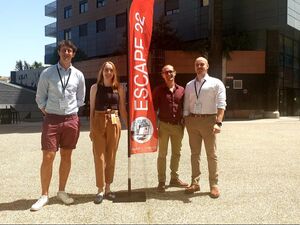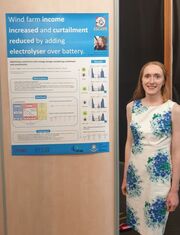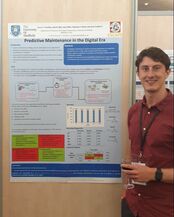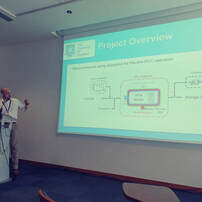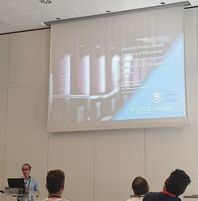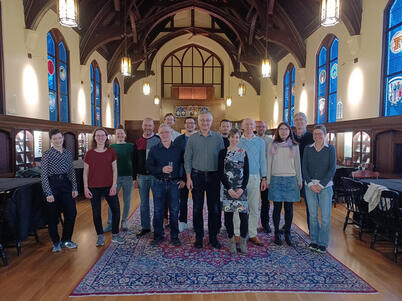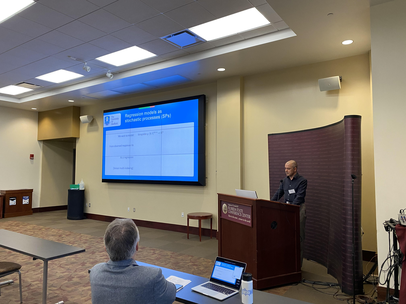AICHEBrown group member Ioanna Kalospyrou attended the 2023 AIChE Annual Meeting, 5-10th November 2023 in Orlando, FL. Ioanna presented research work conducted by herself, Dr. Min Tao and Dr. Robert Milton on mRNA vaccine production optimisation aided by Gaussian Processes and Global Sensitivity Analysis. She presented work in two sessions:
Her individual work presented was on the novel methodology she developed for her MEng thesis aiming at the simultaneous optimisation of simulation and experimental practice related to an mRNA bioreactor by combining Gaussian Process and sensitivity analysis techniques. Dr. Tao‘s work presented was on his new approach to parameter tuning of the mechanistic model related to the same mRNA bioreactor utilising Gaussian Process and sensitivity analysis techniques as well. The software package utilised for both innovative methodologies presented at the AIChE is rom-comma, a package Brown group member, Dr Robert Milton developed. |
ESCAPE-33
|
Drax Power Station
|
ECR Net Zero Conference
|
GHGT-16
| ||||||||||
|
ESCAPE-32
|
|
|
| |||||||||||||||||||
SAMO
| ||||||||||||||





